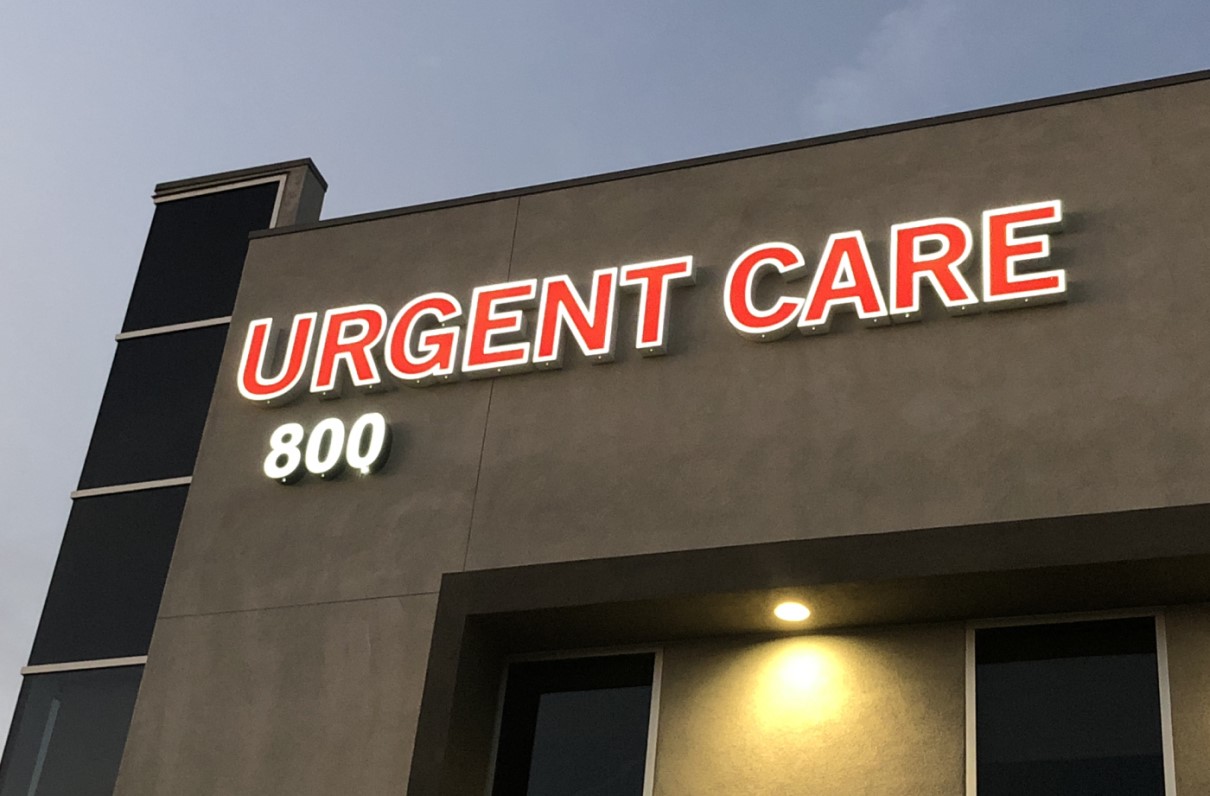MOAA’s TRICARE Toolkit provides insight and tips for navigating your TRICARE benefits. Have a question or suggestion for an upcoming column? Email beninfo@moaa.org. Read other TRICARE Toolkit columns at MOAA.org/tricaretoolkit.
Clinical trials are research studies that help find ways to prevent, diagnose, or treat illnesses and improve health care. Enrollment in these studies is considered care based on the latest medicine or therapy but has not yet been approved as standard care.
Each year, the National Cancer Institute (NCI), under the Department of Health and Human Services and the National Institutes of Health, issues grants to support investigator-initiated research, to conduct clinical trials, and to support initiatives that address health care disparities.
TRICARE beneficiaries may participate in NCI-sponsored phase I, phase II, and phase III studies if selected to participate. Your coverage includes all medical care and testing needed to determine eligibility and all medical care needed during the study, including purchasing and administering approved chemotherapy agents, all inpatient and outpatient care, and diagnostic and laboratory services.
If your physician believes you might benefit from a clinical trial, he or she will:
- Consult with a cancer clinical trial case manager (at NCI or your TRICARE regional contractor).
- Determine which, if any, phase is appropriate.
- Get TRICARE pre-authorization for your participation.
[MORE TRICARE TOOLS: MOAA’s TRICARE Guide]
If selected, you’ll have an assigned case manager to help you through the process.
TRICARE covers the costs for screening tests to determine eligibility and the costs of participating in the trial. If the trial is taking place at a military hospital or clinic, all outpatient care is free of charge. If the trial is at a civilian TRICARE-authorized provider, you are responsible for the same costs as for your specific TRICARE plan medical and pharmacy services.
TRICARE recommends asking the following questions regarding a clinical trial:
- What’s the study’s purpose?
- Why do doctors think its approach will succeed?
- How is safety checked?
- How long is the trial itself ?
- What kinds of therapies, tests, or procedures are done?
- Who will oversee my care?
- Will I interact with trial doctor(s)?
- How will the trial impact my daily life?
- Can I speak with anyone currently participating in the study?
- What are the short- and long-term risks and benefits?
- How do these trials’ risks and benefits compare with standard care protocols?
[FIND A TRIAL: Cancer.gov]
MEDIPLUS® TRICARE Supplement
Works hand-in-hand with your Select or Prime Plan. Count on valuable protection.



